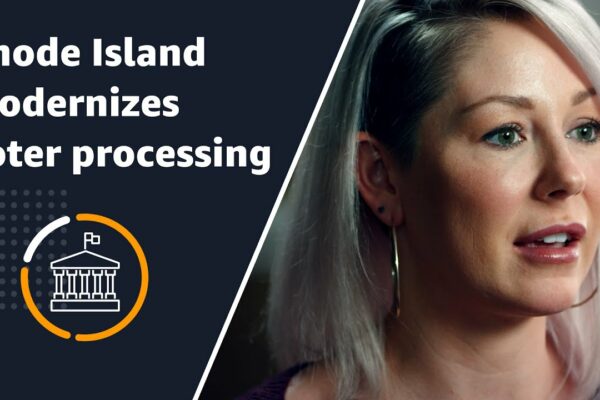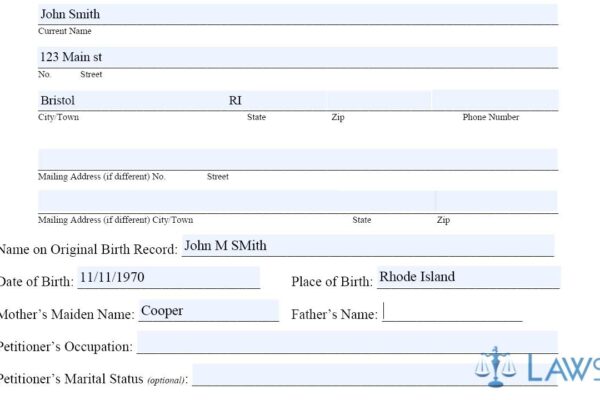
Is it possible for me to regain my license after being convicted of a DUI in Rhode Island?
If you have been convicted of a DUI in Rhode Island, it is possible to regain your driver’s license. However, the process is not easy and involves several steps. You will need to complete a mandatory alcohol education program, pay fines, and possibly have an ignition interlock device installed in your vehicle. Hiring a skilled attorney and demonstrating genuine remorse can increase your chances of successfully regaining your license. It is crucial to follow all the necessary steps and comply with the requirements set forth by the state.






